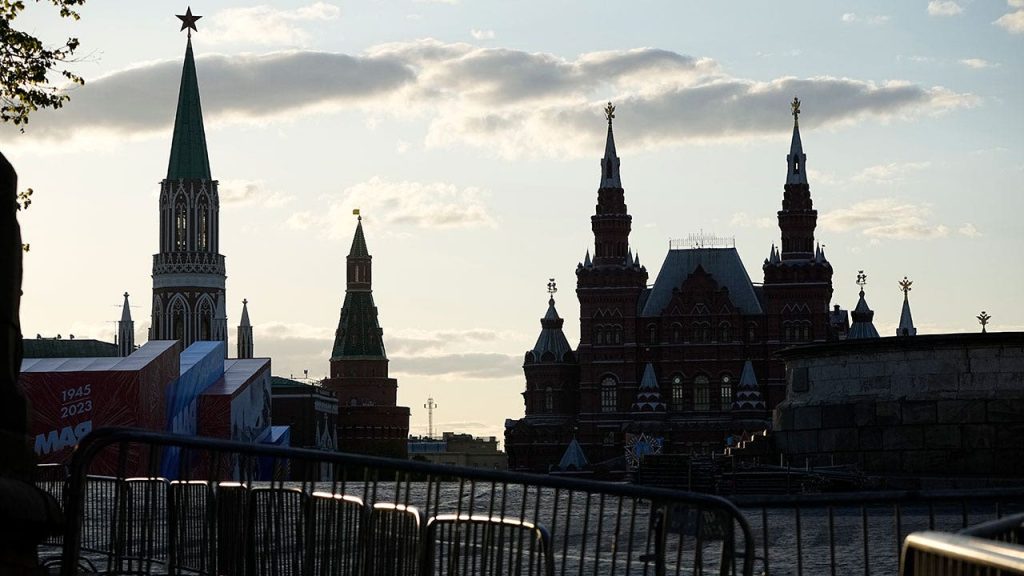Russian journalist Nadezhda Kevorkova was detained and faces charges of justifying terrorism through posts on the Telegram messaging app. Her lawyer, Kaloy Akhilgov, said that she is expected to appear in court and could face up to five years in prison if convicted. The charges involve two posts, one from 2018 that discussed a terrorist attack in southern Russia and another from 2021 about the Taliban. Kevorkova has worked for both state-funded and independent media, including Novaya Gazeta and RT.
The detention of Kevorkova comes amidst an intensifying crackdown on journalists, opposition figures, and critics of Russia’s war in Ukraine. Two Russian journalists were arrested last week on charges of extremism for allegedly working with a group founded by the late Russian opposition leader Alexei Navalny. Additionally, American reporter Evan Gershkovich is awaiting trial on espionage charges after being detained in March 2023. Both Gershkovich and his employer, The Wall Street Journal, have denied the charges, but he has spent over a year in jail awaiting trial.
Russian-American journalist Alsu Kurmasheva, who works for U.S. government-funded Radio Free Europe/Radio Liberty, was detained in October and charged with failing to register as a “foreign agent.” The harsh treatment of journalists and activists in Russia has drawn international concern, with accusations of political repression and violations of freedom of speech. Despite these challenges, journalist and activist Vladimir Kara-Murza, serving a 25-year sentence on a treason conviction for statements against the Ukraine war, was awarded the Pulitzer Prize for commentary in The Washington Post, highlighting the ongoing struggles facing journalists in Russia.
The crackdown on journalists and media figures in Russia has intensified in recent years, with a particular focus on those who criticize the government or support opposition movements. Kevorkova’s case is just one example of the increasing pressure faced by journalists in the country. The charges against her for posts on social media highlight the government’s efforts to control the narrative and silence dissenting voices, both domestically and internationally.
The detention of Kevorkova and other journalists, as well as the espionage charges against Gershkovich, have raised concerns about the state of press freedom in Russia. The use of vague and broad charges such as extremism and justifying terrorism to target journalists and activists is seen as a way to suppress dissent and control the flow of information. These actions have been condemned by human rights organizations and governments around the world, who call for the release of detained journalists and an end to political persecution in Russia.
Despite the challenges faced by journalists in Russia, the recognition of Kara-Murza’s work with a Pulitzer Prize serves as a reminder of the importance of a free press and the value of independent journalism. The award highlights the courage and dedication of journalists who continue to speak out against government repression and fight for transparency and accountability. As the crackdown on media freedoms in Russia continues, observers hope that international pressure and solidarity will help protect the rights of journalists and ensure that they can continue their vital work in challenging environments.













